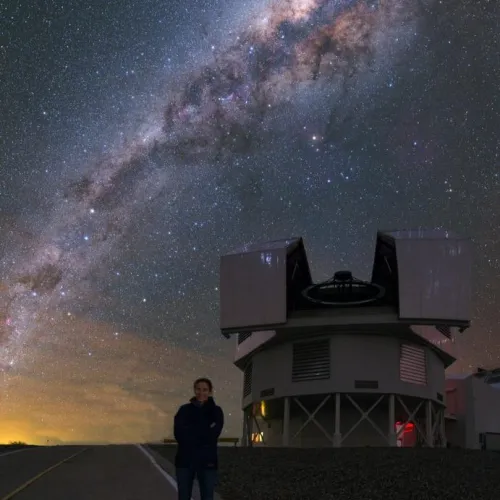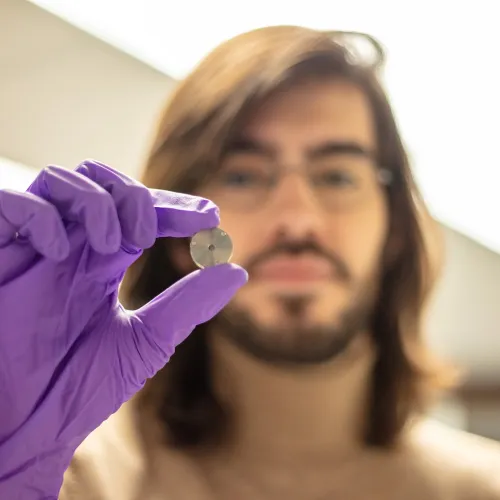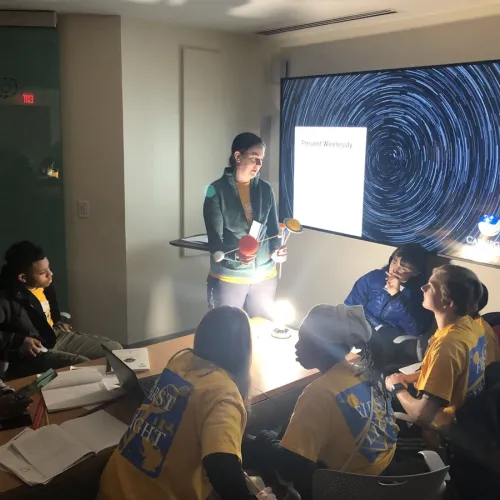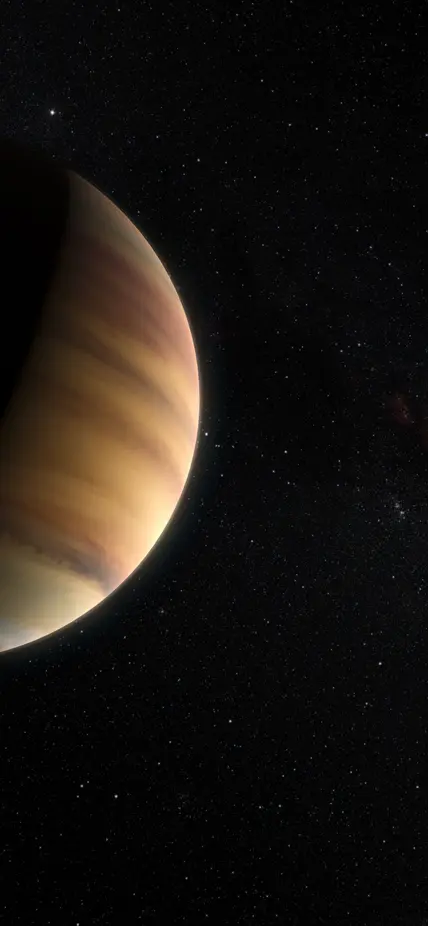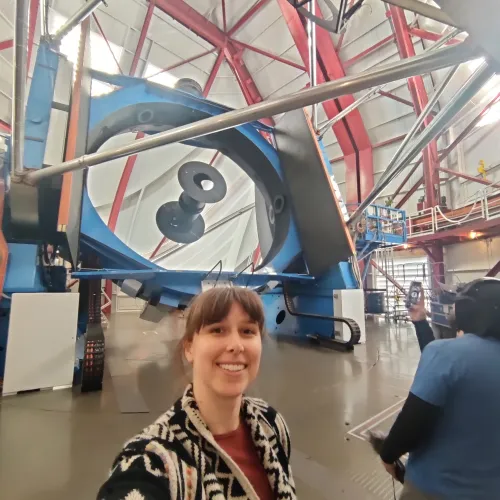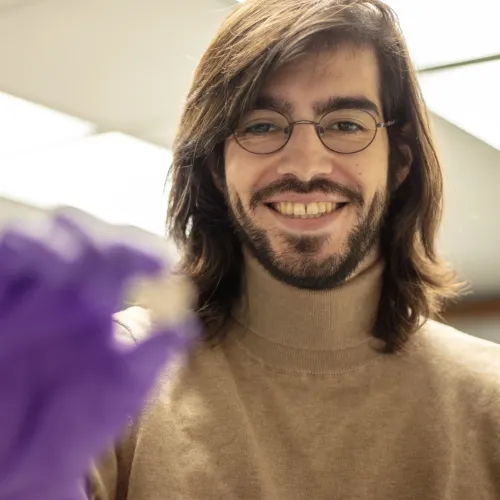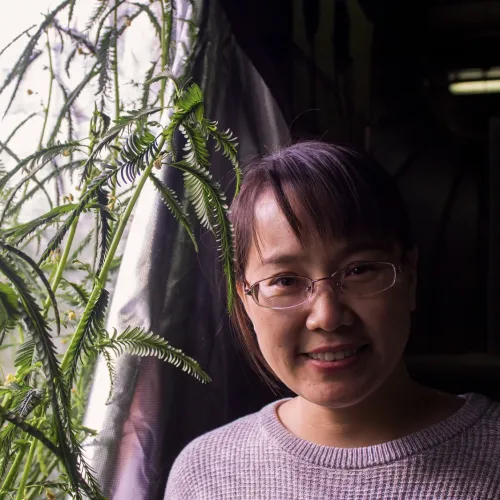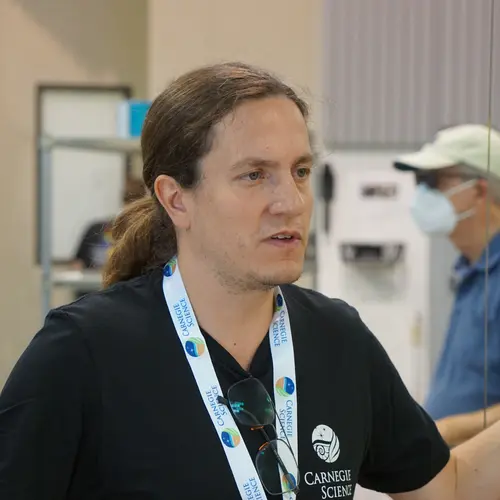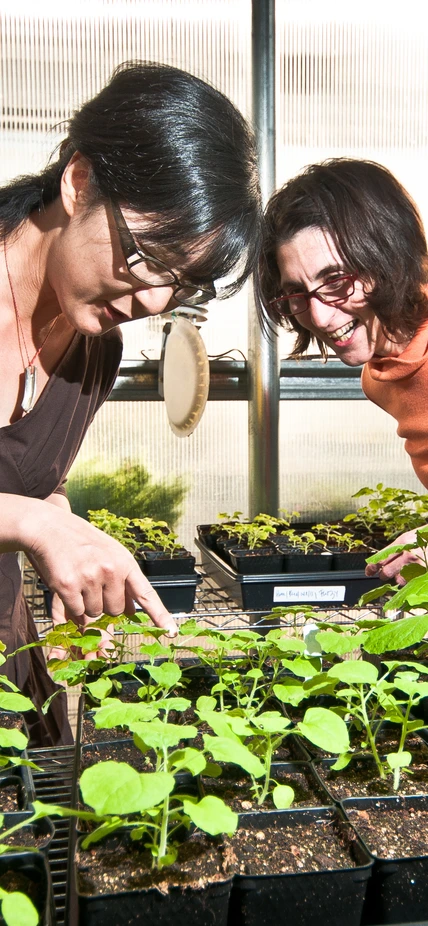Postdoctoral Fellowships
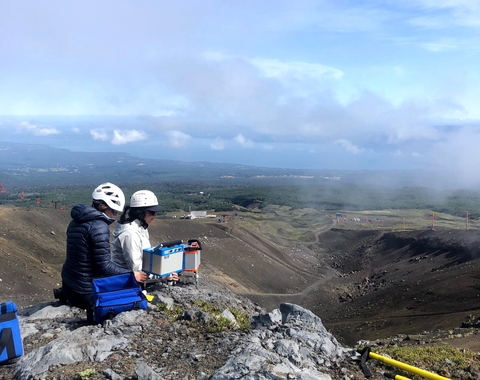
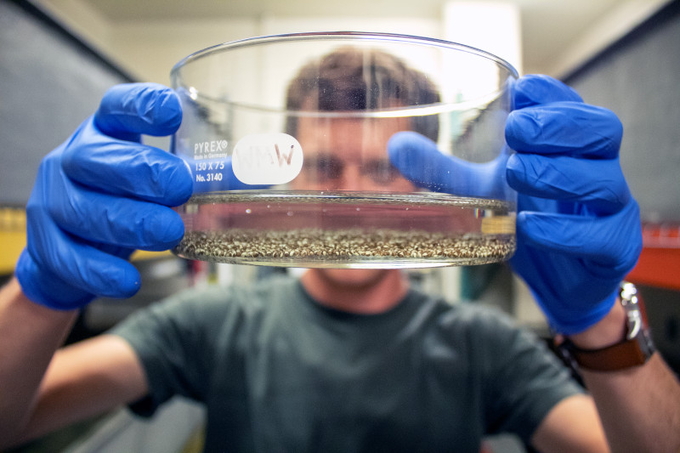
Biosphere Sciences & Engineering
Are you passionate about life sciences at every scale? The Carnegie Science Biosphere Sciences & Engineering division invites you to join a community of researchers breaking down silos in biology and ecology. You’ll work alongside experts studying everything from developmental biology, genomics, and symbiosis to biodiversity, climate change, and global ecology. Postdoctoral opportunities are available by reaching out directly to staff scientists whose work aligns with your interests, giving you the chance to collaborate on bold solutions to humanity’s most pressing challenges.
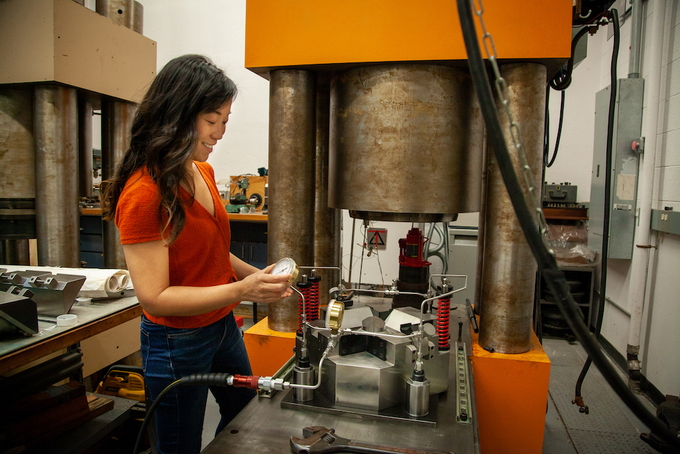
Earth & Planets Laboratory
Do you want to tackle big questions about our planet and beyond? At the Carnegie Science Earth and Planets Laboratory in Washington, D.C., you can apply for postdoctoral fellowships across astronomy, planetary science, geochemistry, geophysics, seismology, and materials science. You’ll join a collaborative cohort of postdocs and staff scientists investigating the origin and evolution of Earth and planets and the behavior of matter under extreme conditions. Along the way, you’ll have access to world-class laboratories, experimental facilities, and computational resources to power your discoveries.
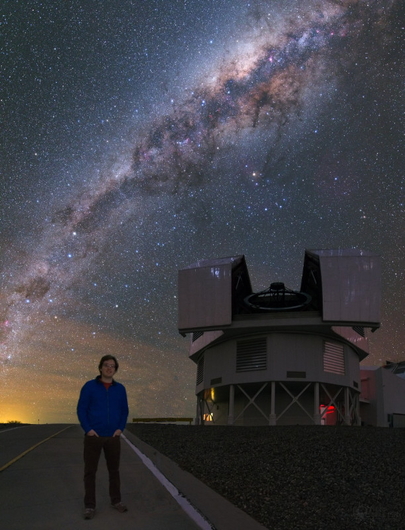
Observatories
Are you ready to explore the universe? At the Carnegie Science Observatories in Pasadena, CA, you can apply for prestigious postdoctoral fellowships in astronomy and astrophysics, including the Carnegie Fellowship, Heising-Simons 51 Pegasi b Fellowship, CTAC Fellowship, and the joint Carnegie–Caltech Theory Fellowship. You’ll pursue independent research on topics from exoplanets and black holes to cosmology and transients, while gaining access to the world-class Magellan telescopes in Chile and powerful computing resources at Carnegie and Caltech.
Perks for Postdocs
As a postdoctoral fellow, you’ll have access to exceptional opportunities designed to support your research and career growth so that you're ready to pursue your next big idea.
Access Carnegie's world-class research facilities like Las Campanas Observatory.
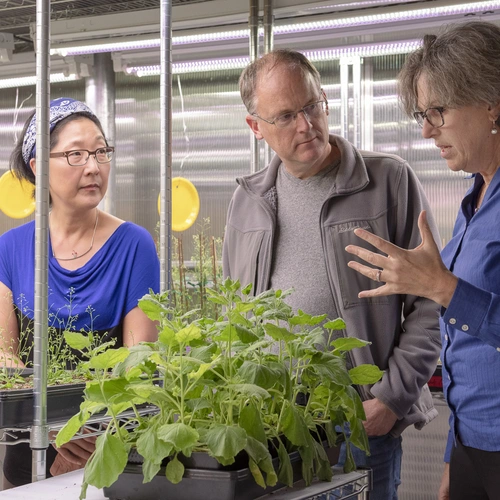
No teaching requirements mean that you and your colleagues can dedicate more time to research.
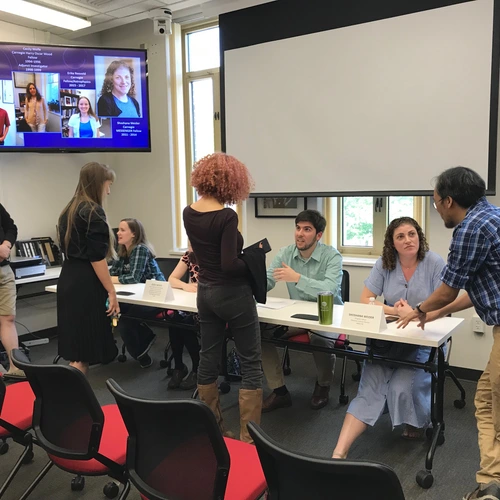
Gain skills to take your career to the next level like grant writing, applying for jobs, mentoring, and lab management.
We're committed to building a highly collaborative community where scientific inquiry thrives and all ideas are welcome.
Apply for internal grants like the Carnegie Venture Grant to fund your next big idea.
Participate in science outreach—from Carnegie-sponsored education programs to local volunteer opportunities.
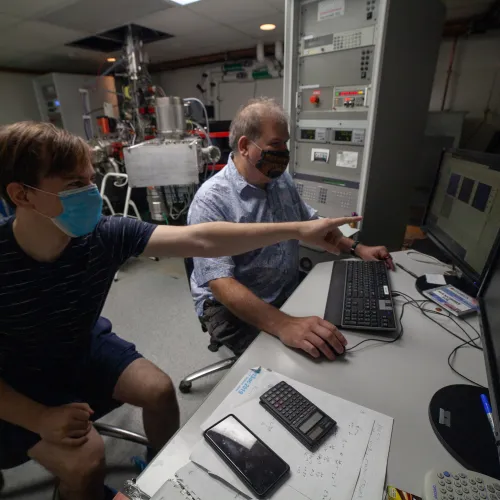
Jens Barosch and Larry Nittler Example Ryugu Sample on Campus
Join our expert-guided mentoring program to get connected with a mentor or mentee.
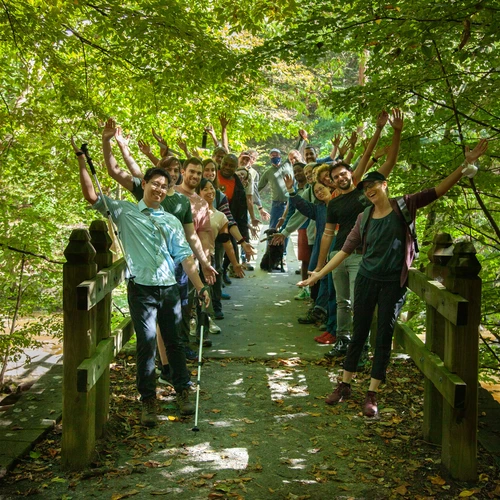
The Carnegie Institution Postdoctoral Association (CIPA) collectively advocates for and supports postdocs' interests.
In their own words
Exceptional Alumni
We recognize that well-trained, well-supported postdoctoral fellows are not only more satisfied and productive—they also leave Carnegie Science with greater professional skills and broader professional networks. Our postdoctoral fellows achieve remarkable success in academia, government, and industry. As alumni, they burnish our reputation as an organization that provides unparalleled opportunities for early career researchers to pursue their paths to discovery.
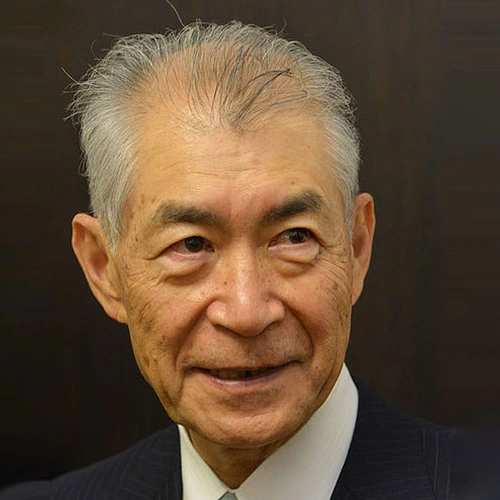
Nobel Laureate
Tasuku Honjo, who was a postdoctoral fellow at Carnegie's Department of Embryology in the early 1970s, shared the 2018 Nobel Prize in Physiology or Medicine for his discovery a protein on immune cells called PD-1. Honjo revealed that this protein operates as a brake, preventing the immune system from perceiving its own body as a threat— which is called an autoimmune response. But it also holds the body back from fighting cancer as hard as it can. This breakthrough has revolutionized cancer therapy.
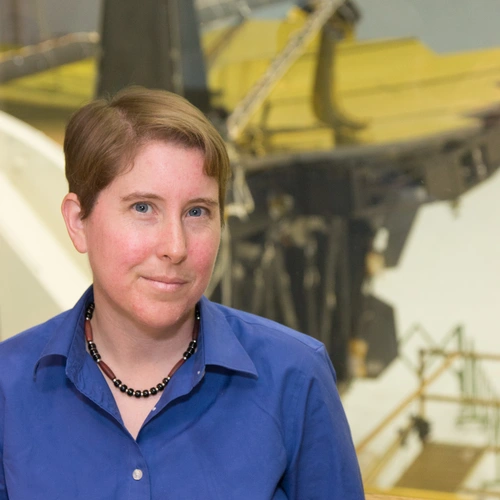
Jane Rigby with JWST courtesy of NASA
JWST Leadership
Jane Rigby, the Operations Project Scientist for JWST, spent four years at the Observatories as both a Carnegie fellow and Spitzer fellow. She is also an astrophysicist in the Observational Cosmology Lab at NASA's Goddard Space Flight Center. Her own research focuses on the evolution of star-forming galaxies and their central supermassive black holes
